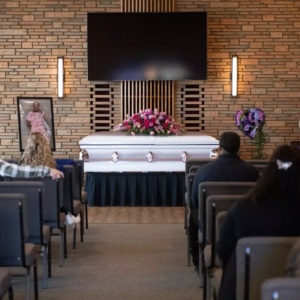
Finding Human Stories beyond a Tipping Point: What’s behind the ACA?
October 8, 2013
By Ron Manderscheid, Ph.D.
The first of October was a tipping point for the American people. On that day, the United States joined all other developed countries in moving toward universal health insurance coverage. A total of 39 million poor and near-poor Americans became eligible to enroll in health insurance, many for the first time, under the Affordable Care Act (ACA). Approximately 11 million already had a mental health or substance use condition.
This is the “big story.” What are the human stories that must be reported beyond this tipping point? Some leads are offered here.
Do these people actually know that they are eligible to enroll in health insurance? Who doesn’t? In the waning days ahead of October 1, only two-fifths of all Americans knew that the ACA actually had become law. Even fewer knew whether the ACA had any implications for them. How can we improve this dismal picture?
At an even more fundamental level, do people understand what health insurance is and why they ought to enroll? How do you explain this to someone who has never had access to health services in theUnited States?
Will those with mental health or substance use conditions actually enroll in health insurance when the opportunity is provided? In Massachusetts, nearly a decade after implementation of mandatory health insurance, almost five percent of the state’s residents are still without health insurance. Many of these persons have behavioral health conditions. Will we be confronted with a paradox where those with severe illness who need health insurance most become the least likely to enroll?
As a Carter Center Journalism Fellow or journalist interested in mental health, you can perform an extremely valuable service to the public by reporting these human stories behind the ACA. Imagine reporting on a person with serious illness who advances from lack of knowledge about health insurance, to understanding, to enrollment, to life-saving health care. I can’t think of anything better. Through such coverage, you have immense power to change the knowledge and action of others.
I will be very glad to work with you to discuss potential ACA stories, provide leads, make connections, and offer support. Just contact me at rmanderscheid@nacbhd.org.
Easy References:
A Tipping Point Day for the American People.
Dr. Roy Manderscheid is Executive Director of the National Association of County Behavioral Health & Developmental Disability Directors and an adjunct professor at Johns Hopkins Bloomberg School of Public Health



